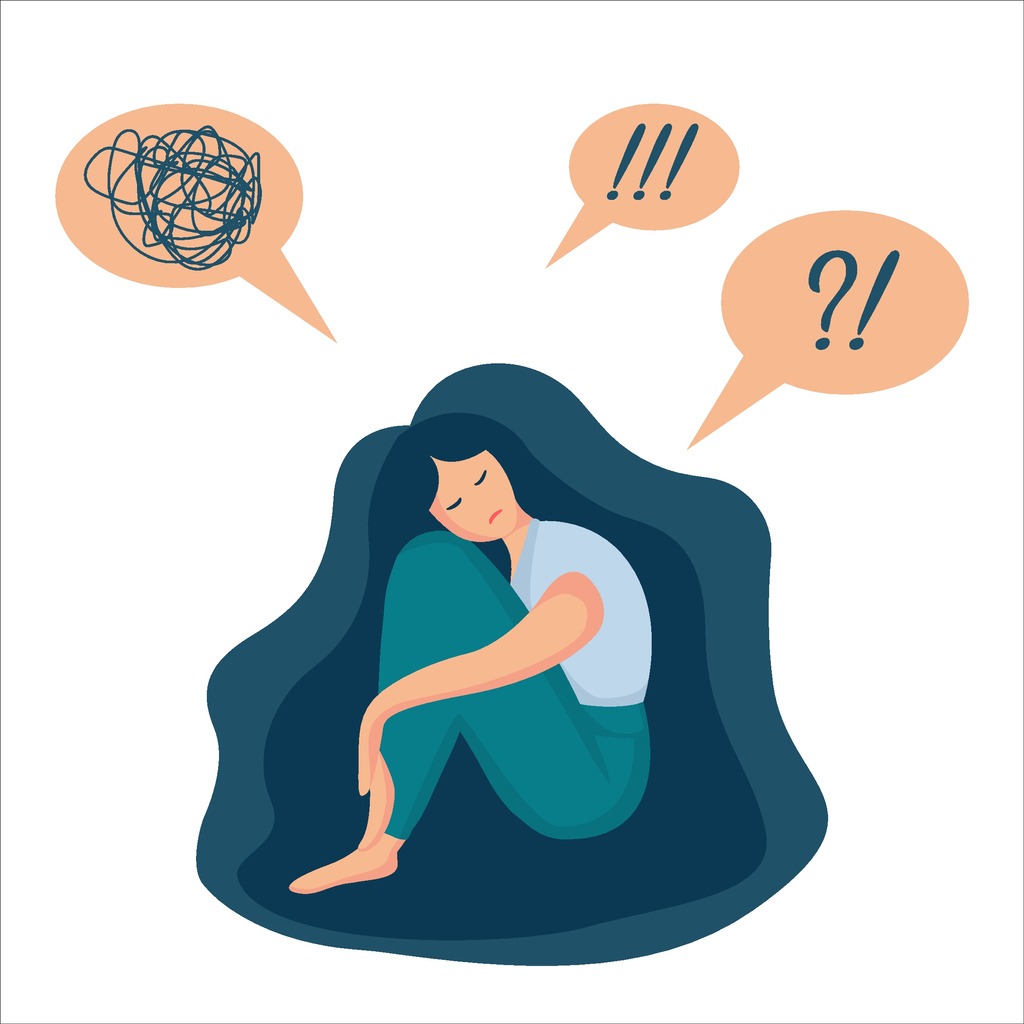Post-Traumatic Stress Disorder, or PTSD, can develop in those who have experienced a scary or dangerous event that is out of the norm. Experiencing feelings of fear can be natural and even healthy as they create quick changes in the body so that we can protect ourselves from further harm. This is also known as the “fight, flight, freeze or fawn” response. It’s a survival mechanism that prepares our bodies to stay and fight or to flee or freeze.
Typically, our brains naturally recover from these dreadful events. However, for a small group of people, they may be out of danger and yet continue to feel stress or fear. The brain is hijacked into a trauma mode and cannot let go. The trauma may create significant issues with sleep, anxiety, depression, insomnia, and extreme states of fight, flight, or freeze.
What Are the Signs of PTSD?
Here is a list of behaviors that are often presented as symptoms of PTSD:
- Flashbacks or nightmares of the traumatic event
- Dissociation
- Emotionally checked out
- Avoiding things related to the event such as people, places, or activities
- Difficulty sleeping
- Easily irritated or angered
- Loss of concentration
- Hypervigilant/unable to down-regulate/tense
- Easily triggered by events that may be even slightly similar to the original trauma
If untreated, these symptoms can last for months, or even years and truly take away from the quality of a person’s life. It is critical that those who are diagnosed with PTSD get treatment to reduce these symptoms and return the brain back to it’s happy, functioning self.
How Common Is PTSD?
It’s not uncommon to experience trauma. According to the U.S. Department of Veterans Affairs, about 6 of every 10 men and 5 of every 10 women have experienced at least one traumatic event in their lives. Women are more likely to experience sexual assault and childhood sexual abuse. Men are more likely to experience accidents, physical assault, combat, disaster, or to witness death or injury.
The following statistics are based on the U.S. population:
- About 7 or 8 out of every 100 people (or 7-8% of the population) will have PTSD at some point in their lives.
- About 8 million adults have PTSD during a given year. This is only a small portion of those who have experienced trauma.
- About 10 of every 100 women (or 10%) develop PTSD sometime in their lives compared with about 4 of every 100 men (or 4%).
What Can Effectively Treat PTSD?
Trauma causes significant changes in the structure of the brain. An extremely heightened state of arousal keeps the person in fight mode. Ultimately, the electrical circuits in the brain are disrupted. With neurofeedback, the brain is able to rewire back to a healthier regulated state.
One couple that we helped very successfully with neurofeedback at Healthy Within was on the brink of a divorce after 20 years of marriage. With his history of sexual trauma the husband was struggling to truly trust his wife and kept himself distant and aloof from her. After 40 sessions of neurofeedback, he was able to let his guard down and finally allow his wife to nurture and love him in a way he could feel worthy. Currently, this client only returns for neurofeedback therapy once a month! We have treated many combat veterans here at Healthy Within as well. The quality of their life improves dramatically.
Are you or a loved one still experiencing symptoms after a traumatic event? We want to help! Healthy Within is an integrative brain health center, experienced in incorporating neurofeedback to help people re-engage in their wholeness and wellness. We also help clients with ADHD, concussions, depression, anxiety, OCD, stroke, dementia and more!
Contact us for more information about how we can help you get your mind back to functioning at its best, happy self.

